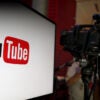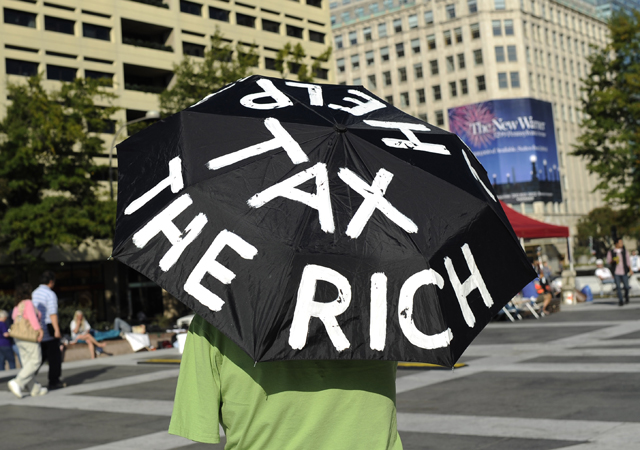A new poll shows that, despite attempts by liberal protesters and politicians to inject class resentment into the national debate, Americans, by and large, remain unconcerned by income inequality.
Gallup reports that only 2 percent of Americans list the “divide between rich and poor” as the most important economic issue facing the country. Those findings come from an open-ended survey, meaning respondents were not confined to a pre-selected group of responses. Unemployment and the national debt top the list, but all told, a full 17 economic issues rank higher in the American political consciousness than income inequality.
Here’s Gallup’s full list of findings:

Also noteworthy: even among respondents with an annual household income of less than $30,000, the rich vs. poor divide did not make it into the top eight issues (Gallup only provided the top eight for that income group). Less than four percent of respondents in the lowest income group listed inequality as their top issue.

The Gallup survey came a day after Pew released its own poll showing a rise in Americans perceiving tensions between rich and poor people. But as Pew noted in its findings,
While the survey results show a significant shift in public perceptions of class conflict in American life, they do not necessarily signal an increase in grievances toward the wealthy. It is possible that individuals who see more conflict between the classes think that anger toward the rich is misdirected. Nor do these data suggest growing support for government measures to reduce income inequality.
In fact, other questions in the survey show that some key attitudes toward the wealthy have remained largely unchanged. For example, there has been no change in views about whether the rich became wealthy through personal effort or because they were fortunate enough to be from wealthy families or have the right connections.
Taken together, the Pew and Gallup polls suggest that many Americans perceive class conflicts (perhaps due to the significant media attention devoted to income inequality and the “Occupy” protesters hollering about it), but the vast majority do not themselves buy into those conflicts.

































6 Replies to “Americans Remain Unconcerned by Income Inequality”